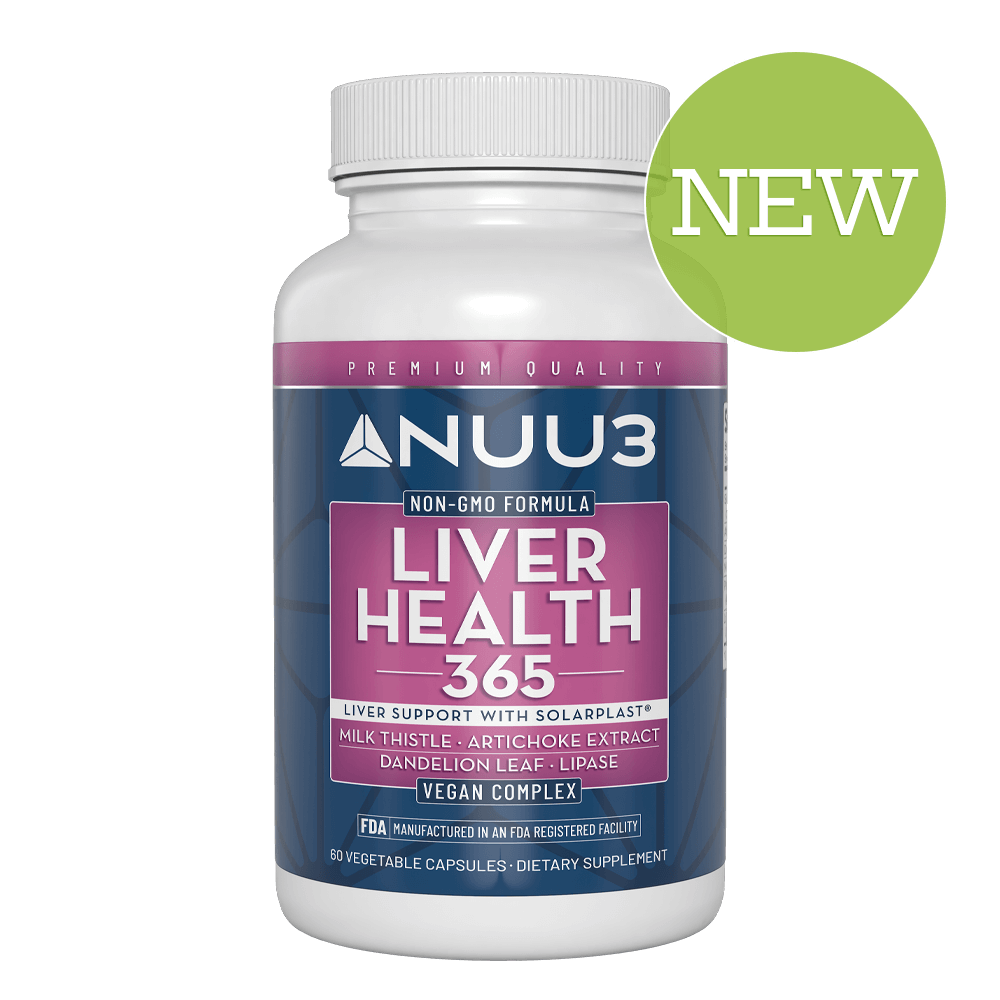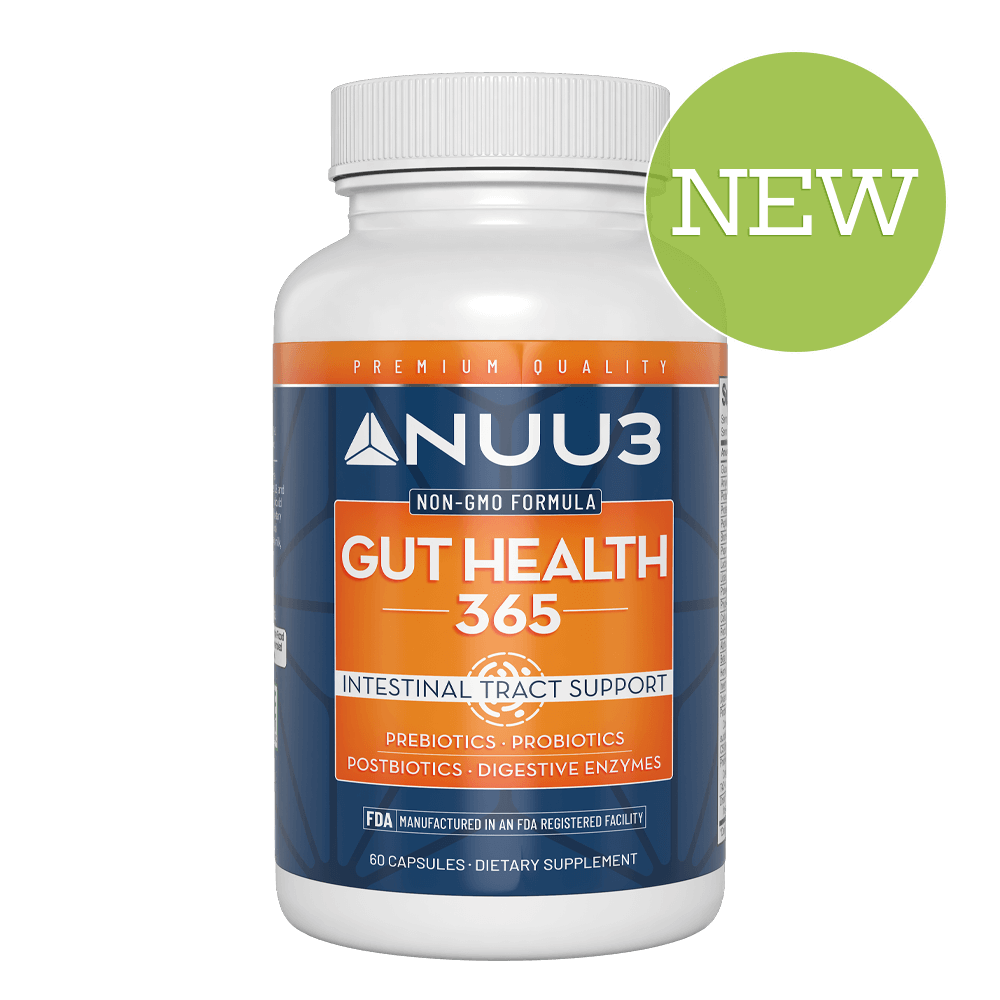Do you often feel stressed out and overwhelmed? Most people experience stress and anxiety at one point in their lives. Some people also develop panic attacks which, if left unresolved, could wreak havoc on their mental and physical health. For this reason, it’s important to know how to calm down and relax to achieve and maintain inner peace. Read through this article and learn the tips for attaining a relaxed body and mind for a happier and healthier life.
How to Conquer Stress, Anxiety, and Panic Attacks
Calmness is a state of mind that you can accomplish through several strategies. Life comes with a wide range of challenges and obstacles that we need to overcome to be healthy, happy, and satisfied. That’s why it’s important to know how to restore and maintain inner peace.
To become and remain calm, you need to understand your emotions and how you respond to stress. The first thing you need to do is to identify triggers of your panic, anxiety, or stress. Once you identify these triggers, you need to avoid them or try to reduce your exposure to them. This will help you achieve long-term calmness and inner peace. Another important thing to do is to address the irrational or negative thoughts that you may have. Irrational thoughts cause stress; they affect our emotions and also our behaviors. A review[1] from Psychotherapy and Psychosomatics showed that irrational beliefs are linked to several types of distress including general distress, depression, anxiety, guilt, and anger.
Irrational thoughts are persistent, loud, and bothersome. Focusing on them may increase their severity. Tackling these thoughts is like confronting yourself. When they show up, challenge them by focusing on the things that will prove these thoughts incorrect or irrational. This may help you become calmer and more relaxed. In this post, you’re going to learn different tips on how to calm down.
How to Know When You Need to Calm Down?
All of us experience moments or situations when we’re frustrated, anxious, panicking, or stressed out so we need to calm down quickly. Various triggers make us feel that way including stress, anxiety disorders, panic disorder, or tough situations. In these cases, one should know how to relax as quickly as possible.
Sometimes we’re so stressed out that we aren’t aware we need to take a few moments to recover. That’s why it’s important to recognize the signs[2] that indicate you’re experiencing emotional stress. These signs include:
- Shortness of breath
- Increased heart rate
- Feeling of heaviness in your chest
- Headache
- Dizziness
- Sweating
- Nausea
- Chills or heat sensations
- Pain in the neck, shoulders, or back
- Generalized body aches
- Jaw-clenching or teeth-grinding
- Feeling depressed, anxious, and tired
The above mentioned are signs that indicate a person is experiencing emotional stress and needs to relax instantly. However, some signs point to the presence of a problem such as anxiety disorder. These signs develop gradually and are persistent. They include changes in weight and eating habits, changes in sleep patterns, gastrointestinal problems, sexual difficulties, feeling more emotional, feeling overwhelmed, poor memory, difficulty solving problems or making decisions, and using drugs or alcohol to manage stress and anxiety.
Easy and Simple Tips to Relax Your Body and Mind
A common mistake that people repeat is that they tend to ignore emotional stress, thinking it will go away on its own. The head-on approach is the best way to achieve inner peace and relaxation. When left unmanaged, stress, anxiety, and panic become worse and cause even bigger issues that affect both physical and mental well-being. There are many things you can do to relax and feel better. Below, you can take a look at simple tips that lead to significant improvements. They will help you keep calm and carry on.
1. Mindfulness meditation
Mindfulness meditation is one of the most popular meditation techniques. The American Psychological Association explains[3] that this technique consists of two parts: attention and acceptance. Attention involves tuning into the experiences (paying attention to your breath or physical sensations) to focus on the present moment. Acceptance refers to observing those feelings and sensations in a non-criticizing or nonjudgmental manner. You don’t react or respond to those feelings, instead, you let them go.
Through regular practice of mindfulness meditation, you can achieve much-needed calmness and inner peace. Evidence confirms[4] that mindfulness meditation increases emotion awareness, alters emotional reactivity, lowers stress, and helps manage anxiety and depression. Other benefits of mindfulness meditation include improvements in physical health in the form of pain relief, a stronger immune system, and lowered fatigue.
Mindfulness meditation is one of the most important strategies you can employ to relax your body and mind, especially if you introduce it to your lifestyle with NUU3 Keep Calm Gummies.
2. Listen to music
Music has the power to promote relaxation and influence our emotions. As soon as we put our headphones on and listen to our favorite playlist, we feel better instantly. Some people prefer listening to their favorite artists and songs, while others are more inclined to soothing and relaxing sounds.
Whatever your preference is, listening to music will help you feel better and calmer. Studies show[5] that music-based interventions improve physical and physiological stress-related outcomes.
3. Exercise
Regular physical activity successfully relieves stress and anxiety. A paper from the British Journal of Health Psychology explained[6] that exercise reduces negative emotions and increases positive emotions. During stressful times, people tend to eat unhealthy food, but exercise reduces stress and promotes healthy eating. Exercise helps relieve the physiological effects[7] of anxiety and panic too.
Adults need 150 minutes of moderate-intensity physical activity a week. It is also recommended[8] to perform strength training two days a week. Options are endless; you can join the gym, exercise at home, jog, run, do brisk walking, ride a bicycle, and so much more.
4. Get enough sleep
The importance of quality sleep is largely underestimated. We tend to stay up late and wake up feeling tired, instead of well-rested. Lack of sleep increases cortisol, contributing to stress, anxiety, and mood problems, including depression. More precisely, sleep deprivation feeds your stress, anxiety, and panic; it makes them worse. On the other hand, quality sleep helps manage stress[9], anxiety, depression, and rumination.
To achieve calmness and relaxation, getting enough sleep is crucial. Adults need seven to nine hours of sleep. Your bedtime and wake times should be the same every day. If you can’t fall asleep easily, you may want to give products like Nuu3 Sleep Support Gummies a chance as they help promote sleep and relaxation.
5. Guided imagery
Guided imagery is a relaxation technique that relies on dwelling on a positive mental image or scene. People who practice mental imagery may imagine events or scenes that help them relax and achieve calmness. The primary objective of guided imagery is to stimulate the body’s natural relaxation responses. While you’re picturing a certain image in your mind, your blood pressure, breathing rate, and heart rate normalize.
Guided imagery is particularly useful for people with chronic stress, but also works for people with anxiety and depression. The easiest way to practice guided imagery[10] is to imagine a pleasant scene in a peaceful location.
6. Try massage or acupuncture
Massage and acupuncture are good ways to reduce stress and anxiety. They promote relaxation, improve blood flow, and help you stop paying attention to thoughts that are troubling you. Massage and acupuncture, like NUU3 Immune Plus, can also boost your immune system[11]. This is important because stress and anxiety can weaken immune defenses.
If you don’t have time to schedule an appointment for acupuncture, you can do it yourself by pressing specific points on the body with your fingers e.g. where your wrist forms a crease with your hand.
7. Ask for help
As much as we’d like to conquer stress, anxiety, and irrational thoughts on our own, the truth is that everyone needs some help and support. The most important thing here is to avoid thinking that asking for help is a sign of weakness. It’s a sign of strength and courage. Schedule an appointment to see a therapist, spend time with family, hang out with your friends, let them know what’s going on and they will offer their support and help.
Frequently Asked Questions
How do you calm down in 5 minutes?
The best way to calm down in five minutes is to practice deep breathing techniques. At the onset of panic or stress, start breathing in (inhale) through your nose. Focus only on your breath and nothing else. You can count to five if you want to as you’re inhaling. Then slowly release (exhale) and focus on the breath flowing out of your mouth. Repeat the process a few times and you’ll notice you’re feeling more relaxed. Of course, it is also helpful to immediately remove yourself from the situation that’s causing stress, anxiety, or panic, if possible.
Other things you can do to relax quickly include watching funny videos, squeezing a stress ball, getting fresh air, chewing gum, hanging out with friends, and bonding with your pet.
How body and mind are connected?
Your mind and body are connected through a complex network of physiological and psychological processes that involve hormones and neurotransmitters in the brain. Changes in hormones and neurotransmitter levels can cause various physical and mental problems alike. For example, high cortisol is associated with stress and physical problems such as high blood pressure. Emotional states can influence physical sensations and vice versa. For instance, stress can lead to headaches[12], muscle tension, and digestive problems. On the other hand, physical well-being contributes to a positive mood and mental clarity.
Do body and mind work together?
Body and mind work together synergistically. Physical health and factors such as physical activity, diet, and sleep patterns have a major influence on mental well-being. That said, emotional and mental well-being affects physical health. Overall wellness and quality of life require balance and harmony between body and mind. It’s important to note that the connection between body and mind doesn’t imply that the physical symptoms are only “in your head” or not real. It means that your feelings and thoughts can affect the processes in your body and vice versa.
Bottom Line
Modern lifestyle is hectic and can be stressful. It takes a toll both on our mental and physical health alike and it’s easy to feel overwhelmed and helpless. However, it’s quite possible to achieve calmness and relaxation through the simple but effective strategies in this post. Focus on your health and make yourself a priority.
References
1] ↑https://pubmed.ncbi.nlm.nih.gov/26609889/
2] ↑https://www.verywellhealth.com/how-to-calm-down-5204405
3] ↑https://www.apa.org/topics/mindfulness/meditation
4] ↑https://www.ncbi.nlm.nih.gov/pmc/articles/PMC6597263/
5] ↑https://www.ncbi.nlm.nih.gov/pmc/articles/PMC9205498/
6] ↑https://www.ncbi.nlm.nih.gov/pmc/articles/PMC6767465/
7] ↑https://www.ncbi.nlm.nih.gov/pmc/articles/PMC3632802/
8] ↑https://www.cdc.gov/physicalactivity/basics/adults/index.htm
9] ↑https://www.ncbi.nlm.nih.gov/pmc/articles/PMC8651630/
10] ↑https://www.medicalnewstoday.com/articles/guided-imagery#techniques
11] ↑https://www.ncbi.nlm.nih.gov/pmc/articles/PMC10117649/
12] ↑https://www.ncbi.nlm.nih.gov/pmc/articles/PMC3341916/









